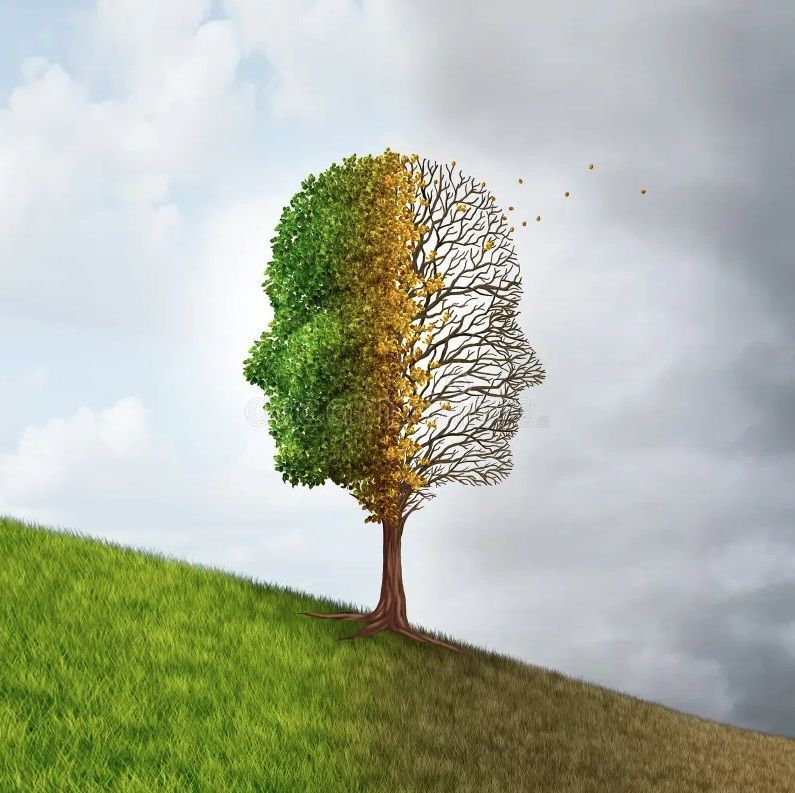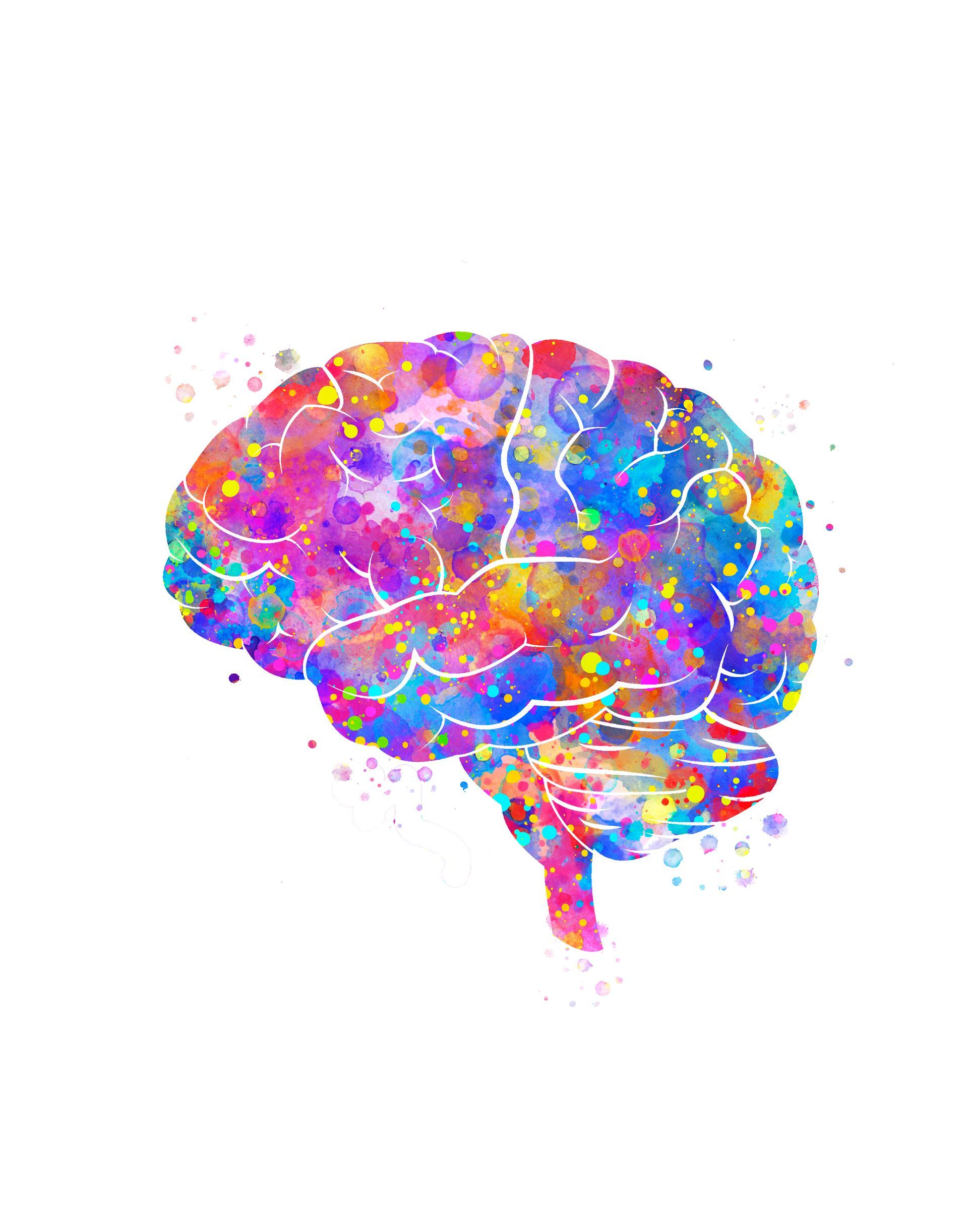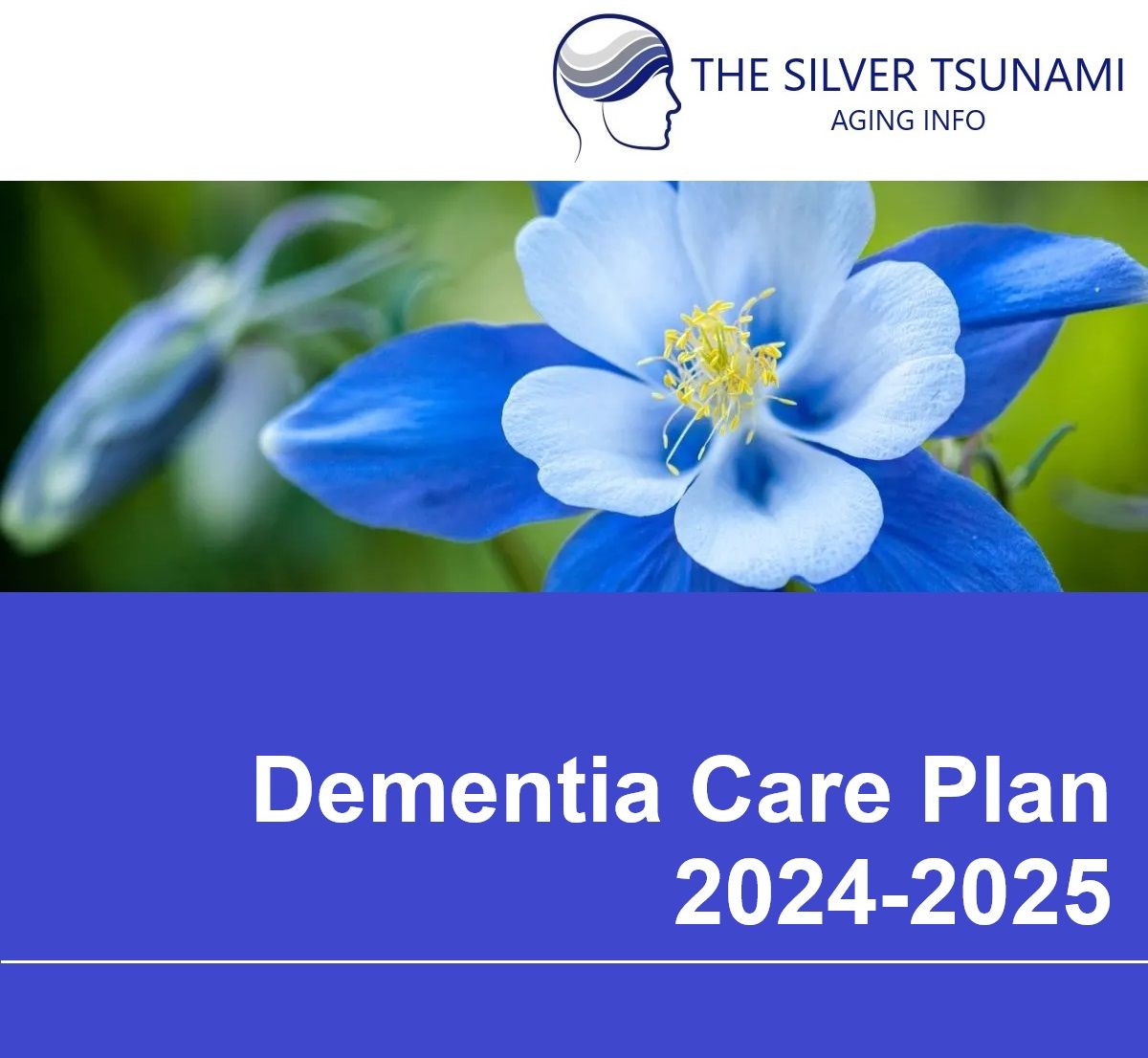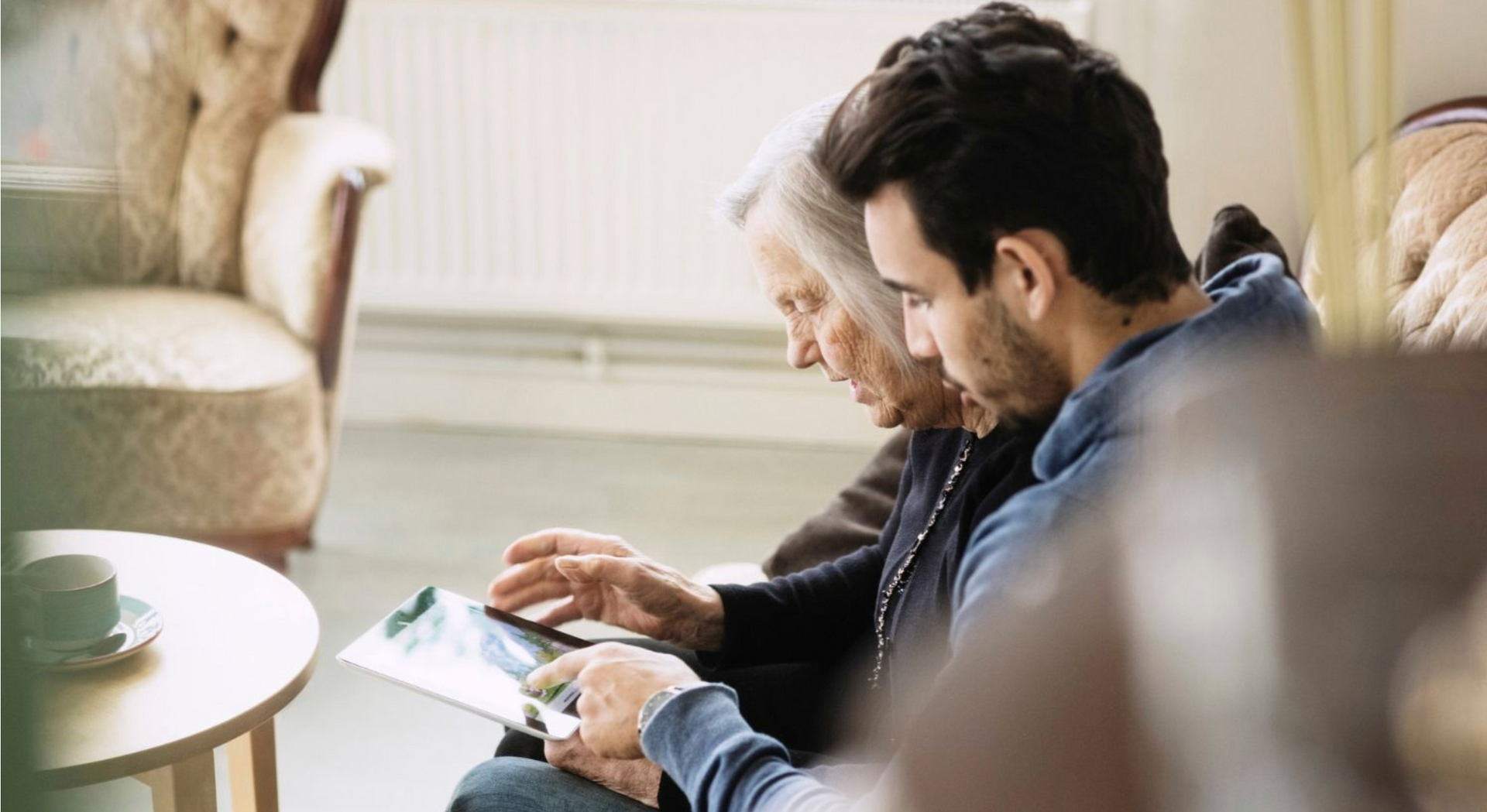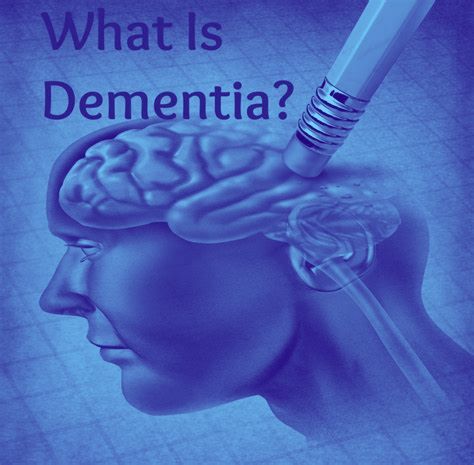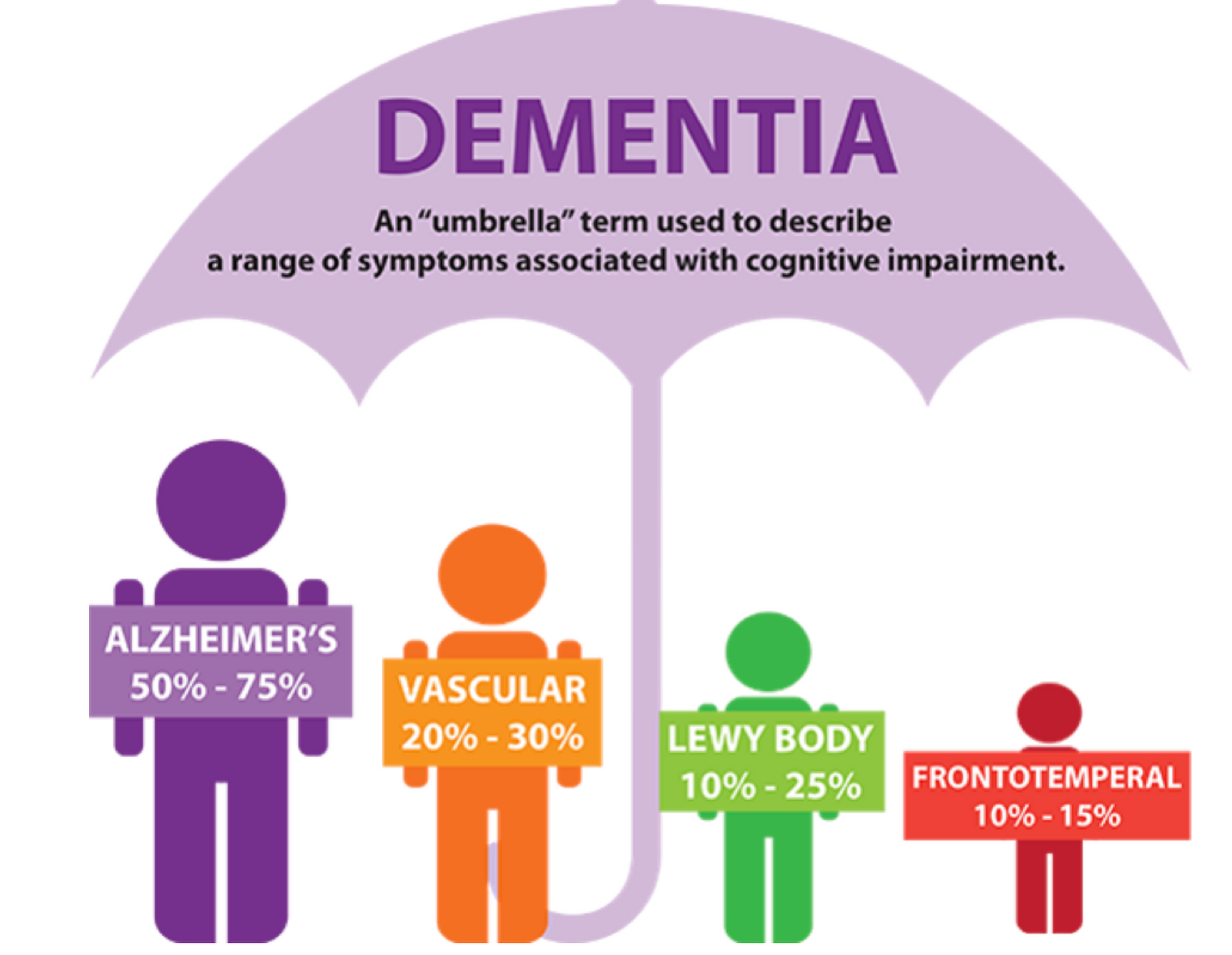Unveiling the Power of Connection: How Dementia Care Support Groups Foster Support and Empathy
Unveiling the Power of Connection: How Dementia Care Support Groups Foster Support and Empathy
In today's fast-paced and often isolating world, it's easy to overlook the importance of human connection. But for those living with dementia, social support and empathy from others can be truly transformative. That's where dementia care support groups step in, providing a lifeline of understanding and camaraderie for both patients and their caregivers.
These support groups, whether held virtually or in person, offer a safe space for individuals affected by dementia to share their experiences, fears, and triumphs. In these gatherings, participants find solace in knowing they are not alone in their journey. They find comfort in the empathy of others who have faced similar challenges and understand the intricacies of the condition.
But the power of connection in dementia support groups extends far beyond emotional support. Research shows that participating in these groups can lead to improved mental health, increased knowledge about dementia management, and strengthened caregiver resilience. Additionally, participants benefit from practical tips and resources shared by experts and fellow attendees.
Join us as we delve into the profound impact of dementia care support groups, exploring how they foster support, empathy, and holistic well-being for those affected by this debilitating condition.
Understanding dementia and its impact on individuals and families
Dementia is an umbrella term used to describe a range of cognitive impairments that affect memory, thinking, and social abilities severely enough to interfere with daily life. The most common form of dementia is Alzheimer's disease, which accounts for 60-80% of cases. Other types include vascular dementia, Lewy body dementia, and frontotemporal dementia. As the disease progresses, individuals may experience changes in personality, mood, and behavior, often leading to confusion and disorientation. The gradual decline in cognitive function can be overwhelming, not just for the individuals diagnosed but also for their families and caregivers who bear the emotional and physical toll of caregiving.
For families, the impact of dementia extends far beyond the individual. Caregivers may experience significant stress and anxiety as they navigate the complexities of managing care, maintaining safety, and addressing the changing needs of their loved ones. The emotional burden can lead to feelings of isolation, frustration, and helplessness. Additionally, caregivers often have to balance their own lives, including work, personal relationships, and self-care, which can be challenging when faced with the demands of caregiving. The ripple effects of dementia can strain family dynamics and lead to misunderstandings among family members regarding the best approach to care.
Understanding the multifaceted impact of dementia is crucial for fostering empathy and compassion in the caregiving journey. By recognizing the challenges faced by both individuals with dementia and their families, society can work towards creating a more supportive environment. This understanding can also pave the way for initiatives like support groups, which offer a space for shared experiences and emotional relief, highlighting the importance of connection in alleviating the burdens of dementia care.
The importance of support in dementia care
Support plays a vital role in dementia care, as it can significantly influence the quality of life for both individuals living with the condition and their caregivers. The emotional, physical, and practical challenges presented by dementia can leave caregivers feeling overwhelmed. Access to support can alleviate some of these burdens, providing a network of understanding and shared experiences that fosters resilience. It also emphasizes that caregivers are not alone in their journey, which can be incredibly comforting during difficult times.
Moreover, social support has been linked to improved mental health outcomes. Caregivers who engage with others facing similar challenges often report reduced feelings of stress and anxiety. They find comfort in knowing they can share their struggles and seek advice from those who truly understand their circumstances. This sense of community can enhance their coping mechanisms, enabling them to provide better care for their loved ones while also taking care of their own emotional and physical health.
In addition to emotional support, practical assistance is another crucial aspect. Caregivers can exchange valuable tips on effective communication with dementia patients, strategies for managing challenging behaviors, and resources for professional help. They might share insights about local services, caregiving techniques, or even ways to find respite care. The interplay of emotional and practical support creates a holistic approach that addresses the myriad challenges of dementia care, reinforcing the idea that asking for help is not a sign of weakness but a vital part of the caregiving journey.
What are dementia care support groups?
Dementia care support groups are gatherings where individuals affected by dementia—both patients and caregivers—come together to share their experiences, feelings, and challenges. These groups can be facilitated by healthcare professionals or run by peers, and they can take place in person or virtually. The primary goal of these support groups is to create a safe space where participants can express themselves openly, free from judgment, while connecting with others who are navigating similar circumstances.
Support groups often follow a structured format, beginning with introductions, followed by sharing personal stories and experiences. This format encourages participants to engage in discussions, ask questions, and provide feedback to one another. The supportive atmosphere fosters a sense of camaraderie and belonging, allowing individuals to feel heard and validated in their feelings. This shared understanding can be a powerful tool in combating the isolation and loneliness often experienced by those affected by dementia.
In addition to emotional support, many dementia care support groups include educational components. Facilitators may provide information on dementia progression, caregiving techniques, and available resources. This combination of emotional connection and practical knowledge equips participants not only to cope with the challenges they face but also to empower them with the tools they need to manage care effectively. By combining empathy with education, support groups become a source of strength and resilience for those affected by dementia.
Benefits of joining a dementia care support group
Joining a dementia care support group offers numerous benefits that can significantly improve the overall well-being of both caregivers and individuals living with dementia. One of the most immediate advantages is the emotional support that participants receive from one another. Sharing experiences in a safe environment helps individuals feel less isolated and more understood. The empathy and validation experienced in these groups can be incredibly healing, allowing members to express their fears, frustrations, and joys without the pressure of maintaining a facade.
Additionally, support groups can serve as a valuable resource for practical advice. Caregivers often face unique challenges, and hearing how others have navigated similar situations can lead to effective solutions. Members may exchange tips on managing difficult behaviors, finding respite care, or accessing community resources. This sharing of knowledge and experiences can lead to a more informed and empowered approach to caregiving, reducing feelings of helplessness.
Another significant benefit is the potential for improved mental health. Research has shown that participating in regular support group meetings can lead to decreased levels of depression and anxiety among caregivers. The connections formed within these groups can provide a sense of purpose and belonging, reinforcing the idea that support is available when needed. Overall, the benefits of joining a dementia care support group are multifaceted, encompassing emotional, practical, and psychological enhancements that contribute to a more positive caregiving experience.
How dementia care support groups foster support and empathy
Dementia care support groups play a pivotal role in fostering both support and empathy among participants. The very essence of these gatherings is rooted in shared experiences, allowing individuals to connect deeply over their common challenges. When caregivers and individuals living with dementia come together to share their stories, they create an atmosphere of understanding that can be transformative. This mutual sharing often leads to the realization that one's struggles are not faced in isolation, thereby cultivating a sense of belonging and community.
Moreover, the act of listening to others' experiences can enhance empathy. As caregivers hear about the struggles and triumphs of their peers, they can gain insights into the emotional landscape of dementia. This understanding can facilitate deeper connections, not only within the group but also in their interactions with their loved ones. Empathy nurtured in these groups can lead to more compassionate and patient caregiving, as individuals become more attuned to the feelings and needs of those they care for.
Support groups also provide a platform for discussing emotional challenges, such as grief, loss, and frustration. These conversations can be cathartic, allowing participants to process their feelings in a supportive environment. The validation received from peers who truly understand the complexities of dementia care can alleviate feelings of isolation and self-doubt. As participants express their vulnerabilities, they often find strength in each other, reinforcing the idea that they are not alone in their journey. This collective empathy and support form the bedrock of a resilient community that can weather the storms of dementia care together.
Finding the right dementia care support group for you or your loved one
Finding the right dementia care support group is essential to ensure a positive experience for both caregivers and individuals living with dementia. There are several factors to consider when seeking a suitable group. First, identify whether you prefer an in-person or virtual setting. In-person groups can offer face-to-face interaction, while virtual groups provide flexibility for those who may have mobility issues or live in remote areas. Consider your comfort level with technology if you opt for online meetings.
Next, think about the focus of the support group. Some groups may cater specifically to caregivers, while others may include individuals with dementia as well. It can be beneficial to choose a group that aligns with your specific needs, whether that’s sharing experiences with peers or receiving targeted support as a caregiver. Additionally, consider the size of the group; smaller groups may foster more intimate connections, while larger groups can offer a broader range of perspectives.
Finally, reach out to local organizations, healthcare providers, or community centers to inquire about available support groups. Many hospitals, Alzheimer’s associations, and community health organizations offer resources to help you find a group that fits your needs. Don’t hesitate to attend a few different groups before settling on one; finding the right fit can make all the difference in creating a supportive and empathetic environment for you or your loved one.
Tips for getting the most out of a dementia care support group
Maximizing the benefits of a dementia care support group involves active engagement and a willingness to share and learn from others. One of the most effective ways to do this is by setting personal goals for your participation. Consider what you hope to gain from the group—whether it’s emotional support, practical tips, or simply a sense of community. Communicating these goals with the group can help create a more targeted and rewarding experience for you.
Additionally, be open to vulnerability. Sharing your story, challenges, and feelings can foster deeper connections with others and allow for more meaningful exchanges. While it may feel daunting at first, most participants are in similar situations and will likely be grateful for your openness. This reciprocation of stories can lead to a richer experience and a stronger sense of empathy within the group.
Finally, take the time to reflect on what you learn during group meetings. After each session, consider journaling your thoughts, feelings, and any insights gained. This practice can help solidify the knowledge you acquire and allow you to track your emotional progress over time. Engaging with the group both during sessions and in your personal reflections can help you get the most out of the support group experience, enhancing your journey through dementia care.
Online resources and virtual support groups for dementia care
In our increasingly digital world, online resources and virtual support groups have become invaluable for those affected by dementia. These platforms provide flexibility and accessibility, allowing caregivers and individuals with dementia to connect with others regardless of geographical limitations. Many reputable organizations, such as the Alzheimer’s Association and Dementia Care Central, offer online forums, webinars, and virtual support groups tailored to different needs.
Participating in online support groups can facilitate conversations that might be difficult to have in person. The anonymity and comfort of one’s home can encourage more open sharing of experiences and feelings. Virtual meetings often utilize video conferencing tools, allowing for face-to-face interaction that can mimic the experience of in-person gatherings. Many groups also include educational components, providing valuable information on dementia care strategies and coping mechanisms through online resources.
Additionally, social media platforms and community forums can serve as informal support networks. Facebook groups, Reddit communities, and other online forums allow caregivers to ask questions, share experiences, and find solidarity in their journeys. These online resources can be particularly beneficial for those who may not have access to local support groups or who prefer the convenience of virtual engagement. By leveraging these online tools, individuals can build a robust support network that enhances their caregiving experience.
The role of professionals in facilitating dementia care support groups
Professionals play a crucial role in facilitating dementia care support groups, ensuring that these gatherings provide a safe, structured, and informative environment for participants. Trained facilitators, often with backgrounds in psychology, social work, or nursing, can guide discussions, manage group dynamics, and offer expert insights on dementia care. Their expertise can help create an atmosphere where participants feel comfortable sharing their experiences and asking questions.
These facilitators often bring valuable knowledge about dementia, including its progression, effective communication strategies, and coping techniques. By providing education alongside emotional support, they equip participants with the tools necessary to navigate the complexities of dementia care. Additionally, professionals can help identify and address any emotional or psychological challenges participants may face, offering resources and referrals to further support.
Furthermore, professionals can help ensure that the support group remains an inclusive and respectful space. They set ground rules that promote active listening, confidentiality, and mutual respect, fostering healthy communication among participants. By maintaining a supportive environment, professionals can enhance the overall effectiveness of the group, allowing for deeper connections and more meaningful exchanges. The role of trained facilitators is essential in creating a nurturing atmosphere that maximizes the benefits of dementia care support groups for all involved.
Conclusion: The power of connection in dementia care support groups
The journey through dementia care is undeniably challenging, yet it presents an opportunity for profound connection and understanding among those affected. Dementia care support groups serve as a beacon of hope, illuminating the path for caregivers and individuals living with dementia. Through shared experiences, empathy, and practical support, these groups cultivate a sense of community that transcends feelings of isolation and despair.
The power of connection in these groups cannot be overstated. Participants find solace in knowing they are not alone, gaining strength from the collective wisdom and encouragement of their peers. The emotional and practical benefits derived from these gatherings can lead to improved mental health, increased resilience, and a more informed approach to caregiving. As individuals share their stories and learn from one another, they foster an environment rich in compassion, understanding, and support.
Ultimately, dementia care support groups embody the essence of human connection. They remind us that even in the face of adversity, we can find comfort, hope, and camaraderie in the shared experiences of others. By embracing these connections, we can navigate the complexities of dementia care with greater empathy and resilience, enriching our lives and the lives of those we care for in the process.
